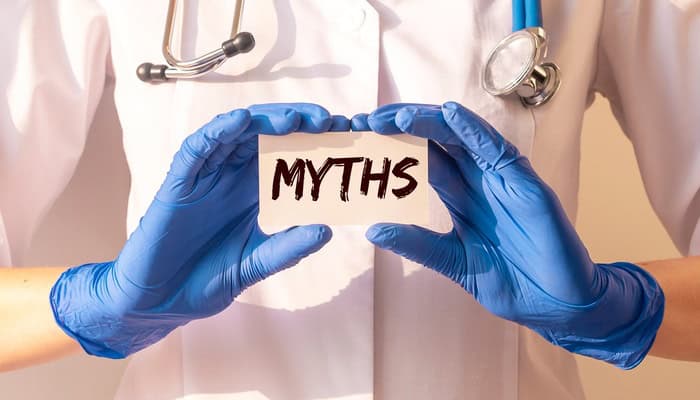Navigating the vast amount of health information available online can be a significant challenge for anyone trying to make informed decisions about their well-being. With so many voices and claims, distinguishing credible advice from unsupported fads is more important than ever.
This guide offers tips to avoid falling for health-related misinformation by equipping you with the tools to critically evaluate what you read. By learning how to spot red flags and verify sources, you can protect your health and make choices based on evidence, not hype.
Check the Source and Credentials
One of the most effective strategies for identifying misinformation is to investigate the source of the claim. For example, if you did not check the source of the content, you may find yourself believing one of the common misconceptions about fulvic acid, which can be advantageous to the human body.
Ask yourself who provided the information and what their qualifications are. Reputable health advice typically comes from medical professionals, scientific organizations, government health agencies, or academic institutions.
Be wary of articles or social media posts that lack clear authorship or appear on websites with known biases. Always check for an “About Us” page to understand the mission and expertise behind the content you are consuming.
Look for Scientific Evidence
When people make legitimate health claims, they will support them with scientific research, not just personal anecdotes or testimonials. Look for references to peer-reviewed studies or clinical trials. A trustworthy article will often link to its sources, allowing you to review the evidence for yourself.
If a product or treatment promises miraculous results without any scientific backing, it is a major red flag. Claims that sound too good to be true often are, so approach them with a healthy dose of skepticism and demand proof.
Be Wary of Exaggerated Language
Another tip to avoid falling for health-related misinformation is to watch out for exaggerated or emotional language. Misinformation often relies on this to persuade its audience.
Watch out for phrases like “miracle cure,” “secret formula,” or “ancient remedy.” People design this type of marketing language to bypass critical thinking and appeal to hope or fear.
Consult Your Physician
One last step that can help you avoid health-related misinformation is speaking with your doctor. When considering changes to your health routine or evaluating information you find online, always consult a qualified healthcare professional.
Physicians and licensed medical providers can help you separate credible information from unsupported claims and guide you toward safe, effective choices. Relying on professional guidance ensures that your health decisions are grounded in science and tailored to your well-being.
It is essential to cultivate a mindset of critical inquiry when it comes to your health. By carefully vetting sources and demanding evidence, you can navigate the digital landscape safely. Making informed choices is the cornerstone of effective self-care and long-term wellness.







